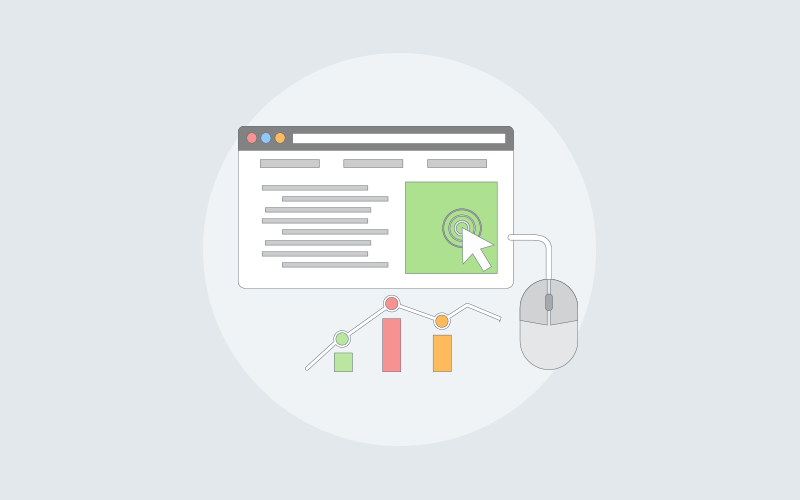Identifying true employee strengths–it’s a challenge that keeps many leaders up at night.
While resumes boast of “excellent communication skills” and “strong team players,” these descriptions often barely scratch the surface.
Consider this: Sarah excels in crafting compelling reports but stumbles during presentations. Meanwhile, Mike thrives in brainstorming sessions yet crumbles under tight deadlines.
These nuances rarely make it onto a CV, but they’re crucial for building a high-performing team.
My years in leadership have taught me that unearthing these hidden talents is both an art and a science.
It requires looking beyond the polished facade of resumes and into the heart of what makes each team member unique.
In this blog, we’ll learn:
- Real-world examples of employee strengths you might be overlooking
- Top-tier training courses that can help cultivate these strengths
- Proven strategies to identify your team’s hidden talents
- Actionable steps to develop and leverage these strengths for organizational success
Ready to unlock your team’s full potential? Let’s begin.
What Is Employee Strength?
Employee strength refers to the natural talent, skills, and abilities an individual brings to their workplace. These strengths enable employees to excel in tasks, contribute effectively to team goals, and achieve personal and professional success.
From my experience, recognizing and leveraging these strengths can significantly enhance productivity and boost job satisfaction. Simply put, employee strengths are the distinct attributes and competencies that make each person a valuable asset to any organization.
Why Are Employee Strengths Important?
Remember that feeling of being in the zone? When you’re using your natural talents to crush tasks and leave everyone in awe (okay, maybe not awe, but definitely impressed)?
That’s the magic of employee strengths at play. It’s not just about happy workers, it’s about turning your team into a band of superheroes.
I recall from my time as an employee how recognizing and utilizing these strengths made a significant difference.
- Enhanced Productivity: Employees who use their strengths perform tasks more efficiently and effectively. I noticed that colleagues who played to their strengths completed their work faster and with higher quality. For example, a teammate known for his analytical skills could quickly solve complex problems, saving the team valuable time.
- Increased Job Satisfaction: Employees feel more engaged and satisfied when using their strengths daily. I remember feeling more motivated and happy when I could use my communication skills to lead team meetings and client presentations. It felt rewarding to contribute in ways that matched my abilities.
- Improved Team Dynamics: A team that leverages individual strengths functions more harmoniously. I saw this firsthand in projects where our manager assigned tasks based on each member’s strengths. It led to smoother collaborations and fewer conflicts, as everyone felt valued and capable in their roles.
- Innovation and Growth: Encouraging employees to use their strengths fosters creativity and innovation. I recall how our suggestions were taken seriously when aligned with our expertise. It empowered us to think outside the box and propose new ideas confidently.
- Personal and Professional Development: Recognizing strengths helps employees focus on their growth areas. During my tenure, I appreciated the feedback that highlighted my strengths. It guided me to seek relevant training and development opportunities, enhancing my career progression.
Emphasizing employee strengths is vital for individual and organizational success. It boosts morale, increases efficiency, and creates a more positive work environment.
List of Key Strengths of an Employee: Top 25 Examples
I’d like to share some examples of employee strengths that I find essential for success in any workplace:
- Problem-Solving Skills – This is the ability to identify problems and think through effective solutions quickly.
- Communication Skills – Being clear and effective in speaking and writing is crucial.
- Technical Expertise – Having specific knowledge and skills in your industry can set you apart.
- Adaptability – It’s important to adjust to new challenges and environmental changes.
- Leadership – Leading a team towards goals and inspiring others are key qualities of a good leader.
- Teamwork – Collaborating effectively with others to achieve common goals is essential.
- Creativity – Thinking creatively and introducing new ideas can drive innovation.
- Attention to Detail – Paying attention to the small details can prevent errors and enhance quality.
- Work Ethic – A strong dedication and commitment to achieving work goals are highly valued.
- Time Management – Efficiently managing time and meeting deadlines is critical in a fast-paced environment.
- Reliability – Being someone others can depend on is a significant strength.
- Interpersonal Skills – Building strong relationships with colleagues and clients is foundational.
- Positive Attitude – Keeping a hopeful and optimistic outlook can greatly influence workplace morale.
- Flexibility – The willingness to adapt and take on different responsibilities is beneficial.
- Organizational Skills – Keeping resources and information well-organized helps maintain efficiency.
- Customer Focus – Prioritizing the needs of customers ensures service excellence.
- Analytical Skills – The ability to analyze information and make informed decisions is crucial.
- Self-motivation – Being able to motivate oneself and work independently when necessary is a valuable trait.
- Conflict Resolution – Resolving disputes effectively is key to maintaining a harmonious work environment.
- Decision-Making – Being decisive and making sound choices is important.
- Learning Agility – The quick uptake and application of new skills and information can set you apart.
- Emotional Intelligence – Understanding and managing one’s emotions and empathizing with others is vital.
- Resilience – The ability to face setbacks and come back stronger is essential.
- Cultural Competence – Understanding and embracing cultural differences can enhance team dynamics.
- Strategic Thinking – Planning effectively for the future and anticipating possible issues is a key strategic skill.
These employee strength examples can enhance individual performance and contribute significantly to the success of the team and the organization.
Training Courses for Building Employee Strength
If you think your employees might not possess the strengths I discussed above, why not allow them to develop those strengths?
To develop their strengths, you, as an employer, must be a source of strength for your employees.
No one is perfect, but as good employers, you can always bring out the best in your employees.
Therefore, I recommend several training courses to enhance these vital skills.
1. Leadership Skills
“Effective leaders are made, not born. They learn from trial and error and from experience.” – Colin Powell
As a firm believer in this principle, I recommend offering targeted training courses to help your employees develop essential leadership traits and improve their communication, organizational skills, and collaboration. By doing so, you’ll enhance their strengths as an employee, enabling them to become effective role models.
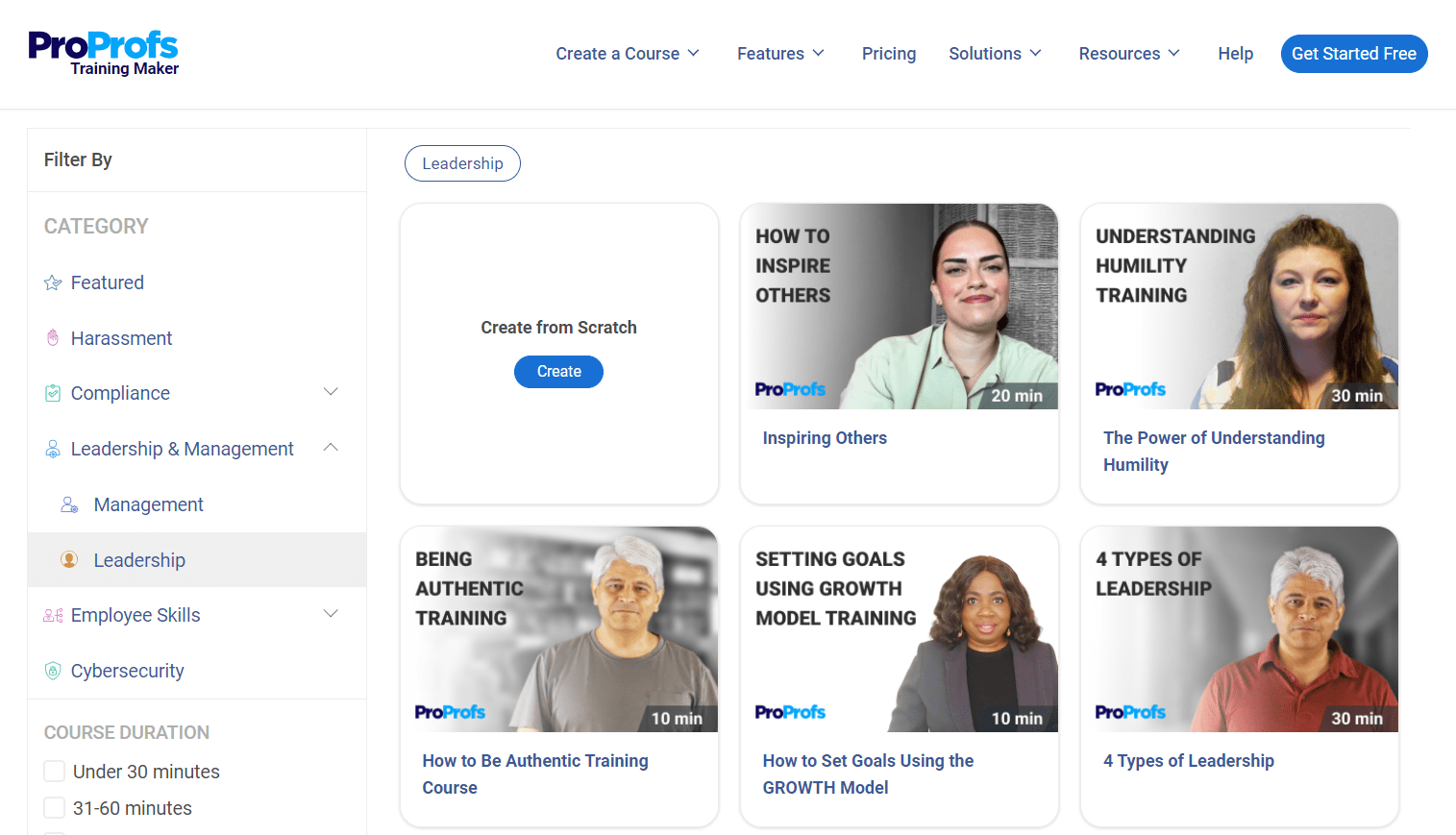
2. Communication Skills
Apparently, 11% of workers are immune to the pitfalls of poor communication—it must be nice! For the remaining 89%, it’s a daily grind. Poor communication slashes productivity by nearly half, dims job satisfaction for others, and ramps up stress levels by 42%.
Do I really need to explain why nailing communication skills is necessary?
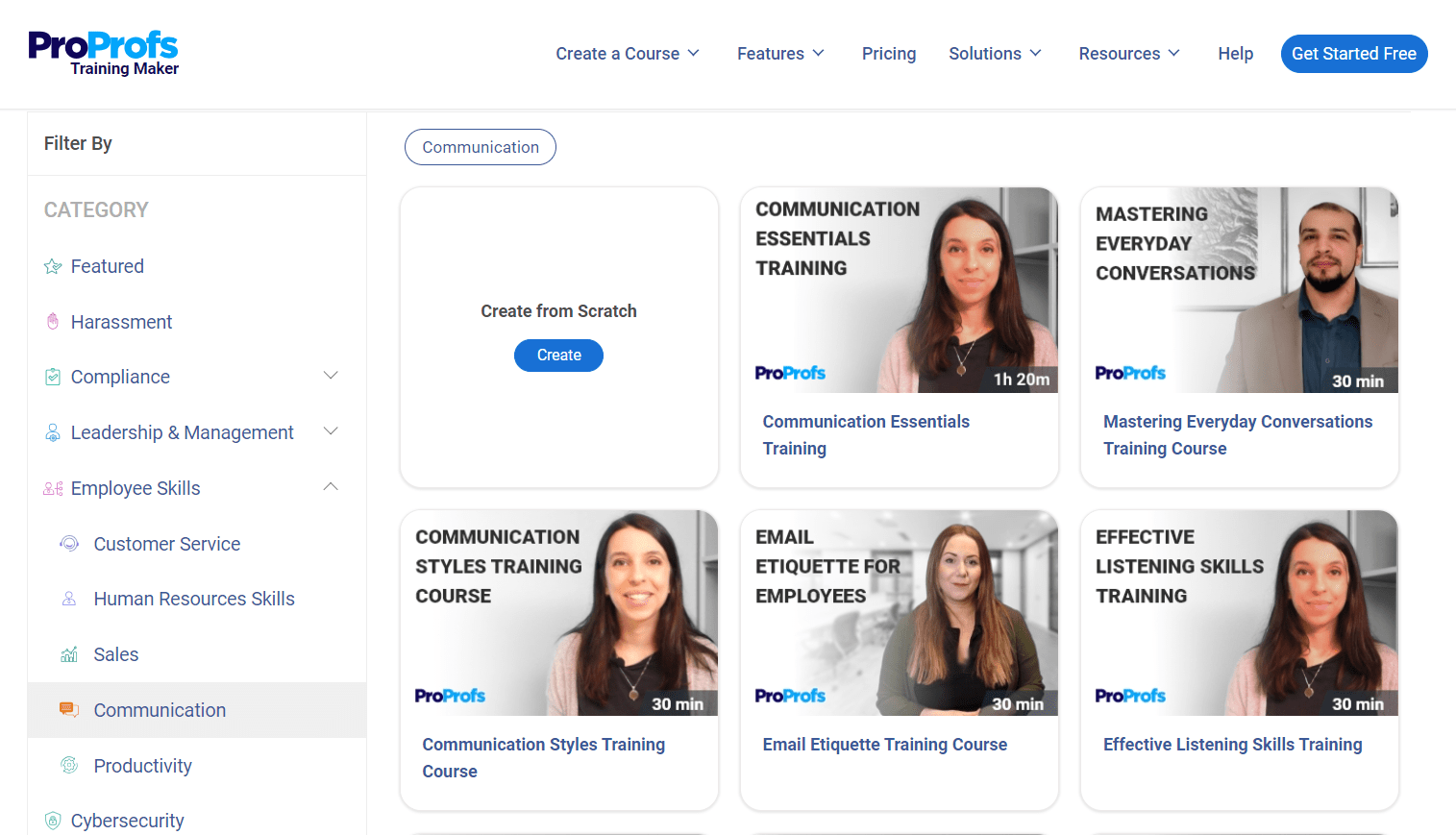
3. Cognitive and Analytical Skills
Another skill I feel is very important is cognitive and analytical prowess—because who doesn’t appreciate a sharp mind in the middle of a storm? It’s not just about crunching numbers but smoothly handling conflicts without turning the office into a reality TV show. Essential skill, right?
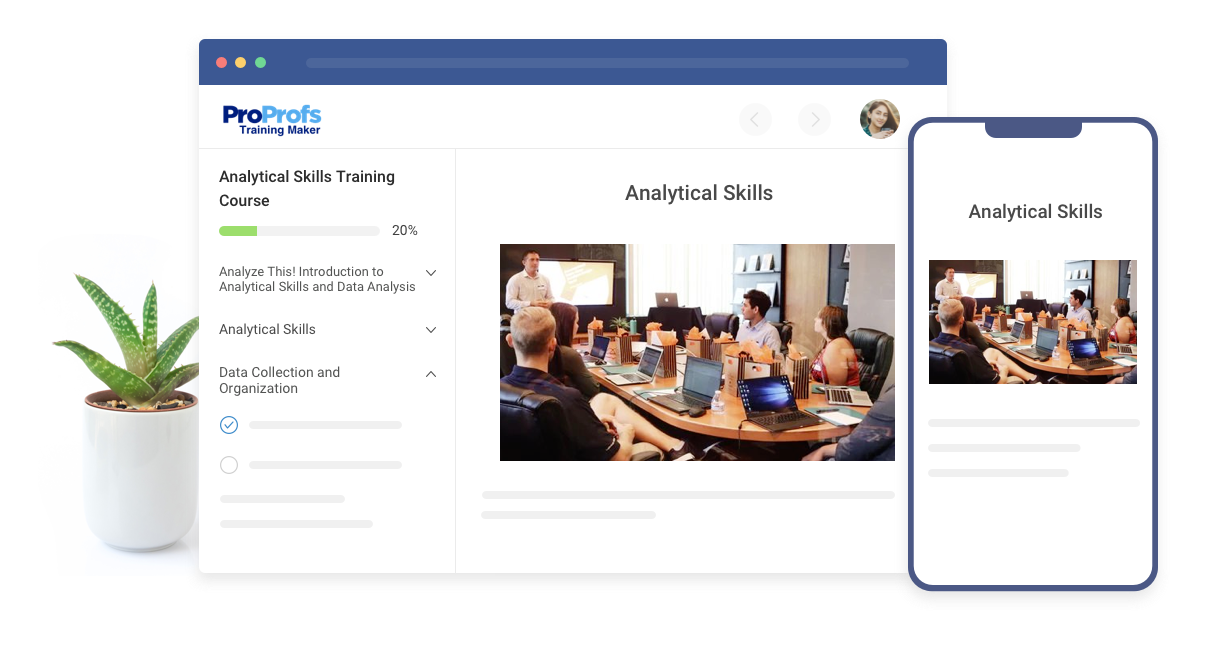
4. Personal Effectiveness Skills
Personal effectiveness skills are essential employee strengths, the kind that can transform an average team into a powerhouse. A robust work ethic is the glue holding everything together during crunch times. Time management? It’s your team beating deadlines, not the other way around. Add resilience and flexibility, and you’ve got employees who adapt and thrive under pressure, while a positive attitude keeps the office vibe upbeat.
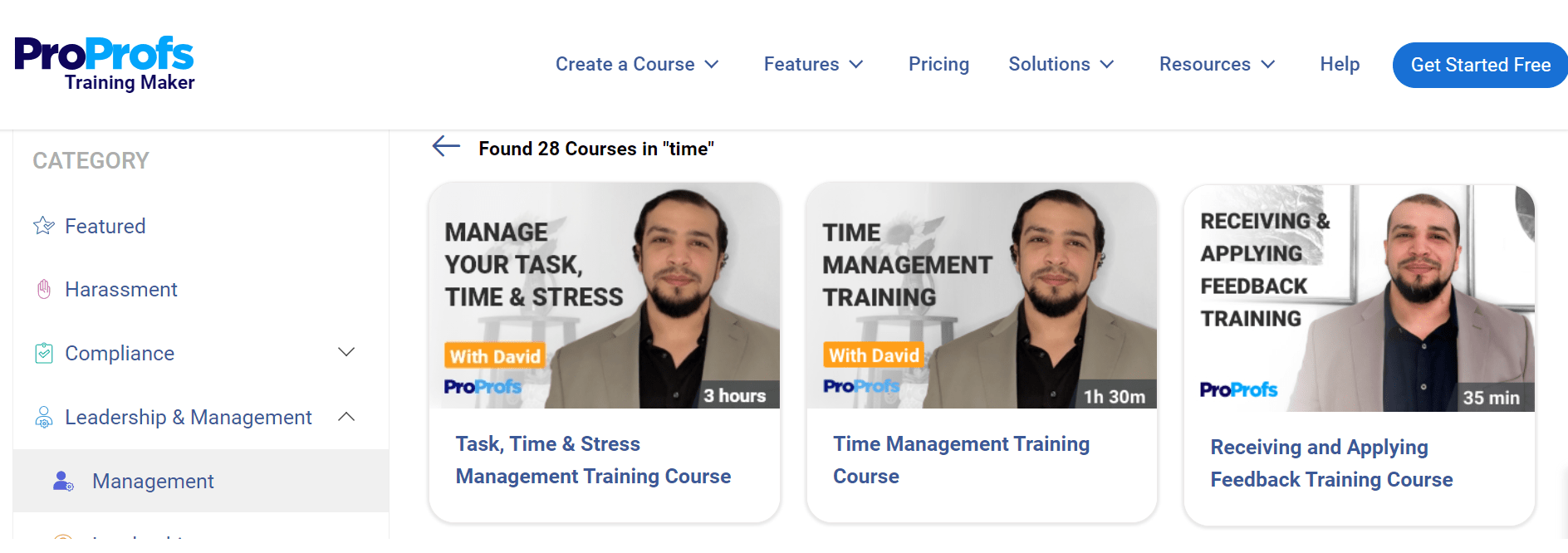
Get Free Employee Training Software — All Features, Forever.
We've helped 567 companies train 200,000+ employees. Create courses in under a minute with our AI LMS or use 200+ ready-made courses on compliance, harassment, DEI, onboarding, and more!
What Key Strengths Employers Must Look for in Employees?
Employers often look for well-known strengths like communication, problem-solving, and teamwork.
But what about the uncommon ones that can set an employee apart?
Let’s highlight some of these unique qualities that employers must seek. (I’ll also share a few courses so you can train your teams if they lack these strengths).
1. Emotional Intelligence: Beyond just interacting well with others, emotional intelligence involves understanding and managing one’s own emotions and recognizing and influencing the emotions of others. Employees with high emotional intelligence can navigate complex social situations, resolve conflicts effectively, and foster a positive work environment.
Recommended Courses:
- Workplace Conflict Resolution Training
- Workplace Conflict Management Training Course
- How to Create a Positive Work Environment
2. Cultural Competence: With diverse workforces becoming the norm, cultural competence is increasingly important. Employees who can work effectively with people from various backgrounds and cultures contribute to a more inclusive and harmonious workplace. They bring different perspectives and enhance team creativity.
Recommended Course:
Diversity, Equity & Inclusion Training Course
3. Grit and Resilience: The ability to persevere through challenges and bounce back from setbacks is crucial. Employees with grit and resilience don’t give up easily. They stay focused on long-term goals and maintain motivation despite obstacles, which can inspire and uplift the entire team.
Recommended Course:
Growth Mindset Training Course
4. Mindfulness: Being present and fully engaged at the moment might seem simple, but it’s a rare quality. Mindful employees can manage stress, stay focused, and maintain higher productivity. They also contribute to a calmer, more centered work atmosphere.
Recommended Courses:
- Mindful Wellness Mastery Training Course
- Stress Management Training Course
- Workplace Productivity Training
5. Self-Motivation: While many can follow instructions and meet expectations, self-motivated employees go above and beyond without constant supervision. They take initiative, set personal goals, and are driven by their own high standards of excellence.
P.S: In case they are not self-motivated, get your hands on these courses:
6. Empathy: More than just being nice, empathy involves truly understanding and sharing the feelings of others. Empathetic employees can build strong, trusting relationships with colleagues and clients, improving teamwork and customer satisfaction.
Recommended Course:
These strengths can transform an average employee into an exceptional one. If your team lacks one, deliver training programs, as they can help identify skills gaps and address them.
How to Identify the Top Strengths of an Employee
We all know the feeling of awe when a teammate absolutely crushes a project. They bring this je ne sais quoi that elevates everything they touch. But what about those areas where everyone can improve?
Wouldn’t having a roadmap to unlock our team’s full potential be awesome? Here’s how you can find the top strengths of an employee and address any weaknesses within your crew:
1. Observation
Pay close attention to how employees perform tasks and interact with colleagues. Notice patterns of excellence, areas where they excel, and tasks they enjoy.
2. Feedback and Evaluation
- Performance Reviews: During performance reviews, discussing specific behaviors and skills is crucial, which offers a prime opportunity to highlight employee strengths for performance review. Set smarter goals for improvement. Focus on specific behaviors and skills.
- Self-Assessment: Encourage employees to reflect on their strengths and weaknesses. This can be done through quizzes, surveys, or one-on-one discussions.

- 360-Degree Feedback: Gather feedback from colleagues, supervisors, and clients to get a well-rounded view of an employee’s performance. Once done, you can share your feedback further and train them to implement it for better performance.
Here’s a quick course that can help your employees receive and implement feedback:
3. Skills Matrix
Maintain a document that tracks employee qualifications, skills, and core competencies. This will help identify skill gaps and strengths across your team.
After identifying skill gaps within your team, you can effectively create a training matrix to address these gaps. This matrix not only tracks the current qualifications, skills, and core competencies of your team members but also maps out the necessary training modules they need to complete to enhance their abilities.
Tools for Identifying the Strengths of an Employee
- Strengths Assessments: These tools can help employees identify their natural talents and working styles. Popular options include Gallup’s CliftonStrengths (formerly StrengthsFinder) and the DISC assessment.
- Skills Assessments: Evaluate specific technical or job-related skills through written tests, practical exercises, or simulations.

What Are the Strategies for Developing Employee Strength?
There are several key strategies to consider when developing the strengths of an employee. Here it goes as follows:
1. Invest in a Culture of Growth
- Supportive Environment: Foster a positive and supportive work environment where employees feel comfortable taking risks and trying new things. This includes open communication, recognition for effort, and celebrating achievements.
- Focus on Strengths: Help employees identify and develop a plan to leverage their strengths. This will build confidence and increase engagement.
2. Facilitate Individualized Development
- Goal Setting: Work with employees to establish SMART goals aligned with their strengths and career aspirations.
- Strengths Assessments: Utilize assessments to pinpoint areas for growth and identify existing strengths. This allows for targeted development plans.
3. Provide Learning & Development Opportunities
- Mentorship Programs: These programs pair employees with mentors who can provide guidance and support and share their experiences. Mentorship can be formal or informal.
- Training Programs: Provide access to training programs, workshops, and conferences to help employees develop new skills and enhance existing ones. These can be in-person or online.
4. Empower and Challenge Employees
- Stretch Assignments: Give employees challenging assignments that push them outside their comfort zone and allow them to apply and develop their strengths in new ways.
- Ownership and Recognition: Empower employees to take ownership of their work and projects. Recognize and celebrate their achievements to boost motivation.
Implementing these strategies can create a work environment that fosters employee growth and development. This will benefit employees and strengthen your organization as a whole.
Get Free Employee Training Software — All Features, Forever.
We've helped 567 companies train 200,000+ employees. Create courses in under a minute with our AI LMS or use 200+ ready-made courses on compliance, harassment, DEI, onboarding, and more!
Are You Ready to Discover Your Employees’ Strengths?
So, there you have it! A treasure trove of tips to discover the hidden employee strengths within your team. But wait, before you dash off to identify your resident Captain America or Iron Man (though that would be pretty cool), there’s one last thing.
Remember, this strength-finding quest is an ongoing adventure. It’s not a one-time event but a continuous process of exploration and discovery. As your team grows and evolves, so will its strengths.
The key is to create an environment that empowers your team to use their strengths and embrace challenges. Because, let’s face it, a team that plays to each other’s strengths is poised for greatness. They’ll crush deadlines, impress clients, and maybe even come up with the next million-dollar idea.
So, are you ready to unlock your team’s full potential? It’s time to create a dream team of super-skilled employees!
Frequently Asked Questions
How can I leverage my employees’ strengths in the workplace?
You can maximize your team’s potential by directly matching their unique strengths to specific roles or tasks. This strategy boosts productivity and increases job satisfaction as employees excel in areas where they naturally perform best.
How can I, as an employer, help my employees leverage their strengths?
Offer tailored training and continuous feedback to create an environment that supports growth. This approach allows employees to effectively develop and apply their strengths to enhance individual and organizational performance.
How does technology impact the identification and development of strengths?
Emerging technologies, particularly artificial intelligence, transform how we identify and nurture employee strengths. These tools provide detailed analytics and personalized development strategies, enabling precise skill enhancement tailored to individual profiles.
What are the challenges employers often face vis-à-vis employee strengths?
One major challenge is accurately identifying employees’ strengths and ensuring they align with their roles. Misalignment can lead to frustration and underperformance as employees struggle in roles that do not complement their natural abilities.
What are the weak areas of employee performance?
Weak employee performance areas include poor adaptability, ineffective communication, and limited problem-solving capabilities. These weaknesses can significantly hinder both individual progress and team dynamics.


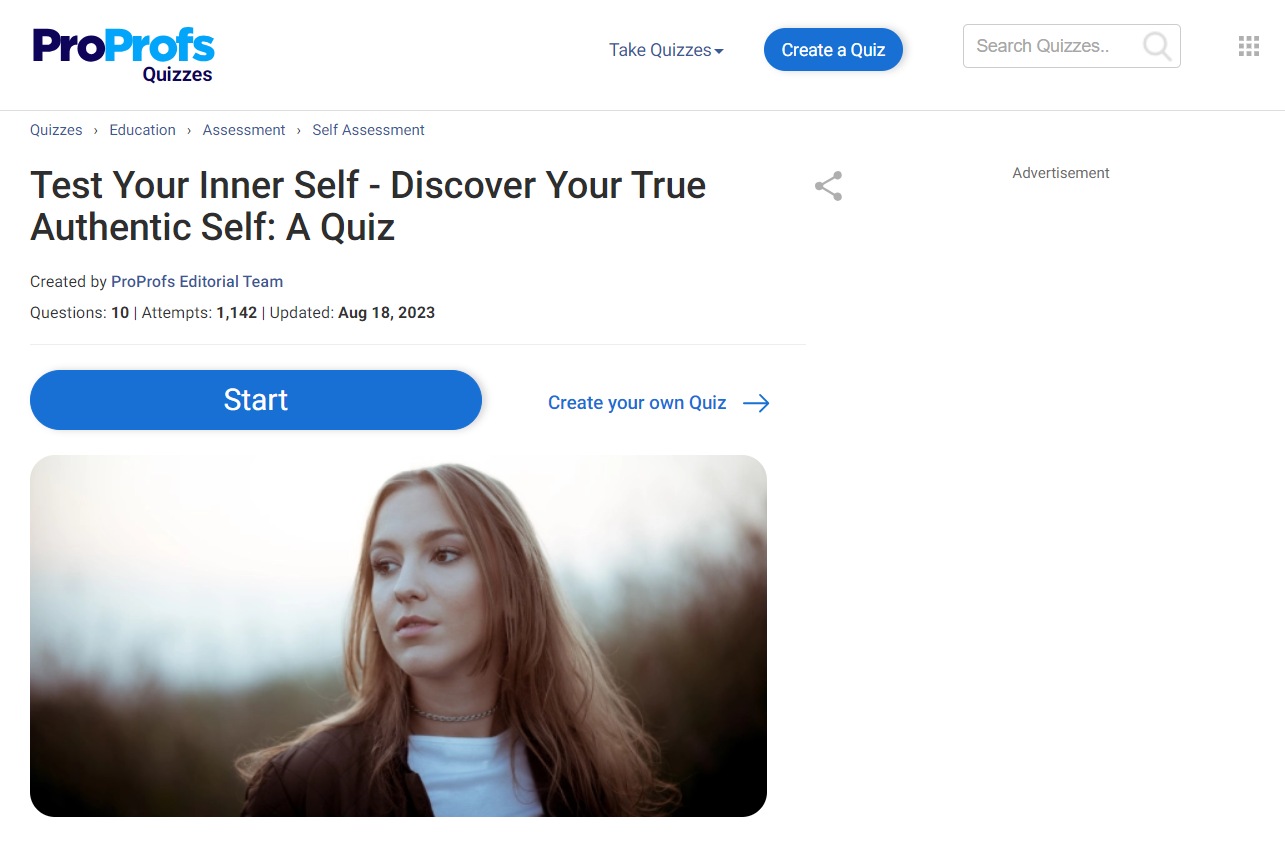
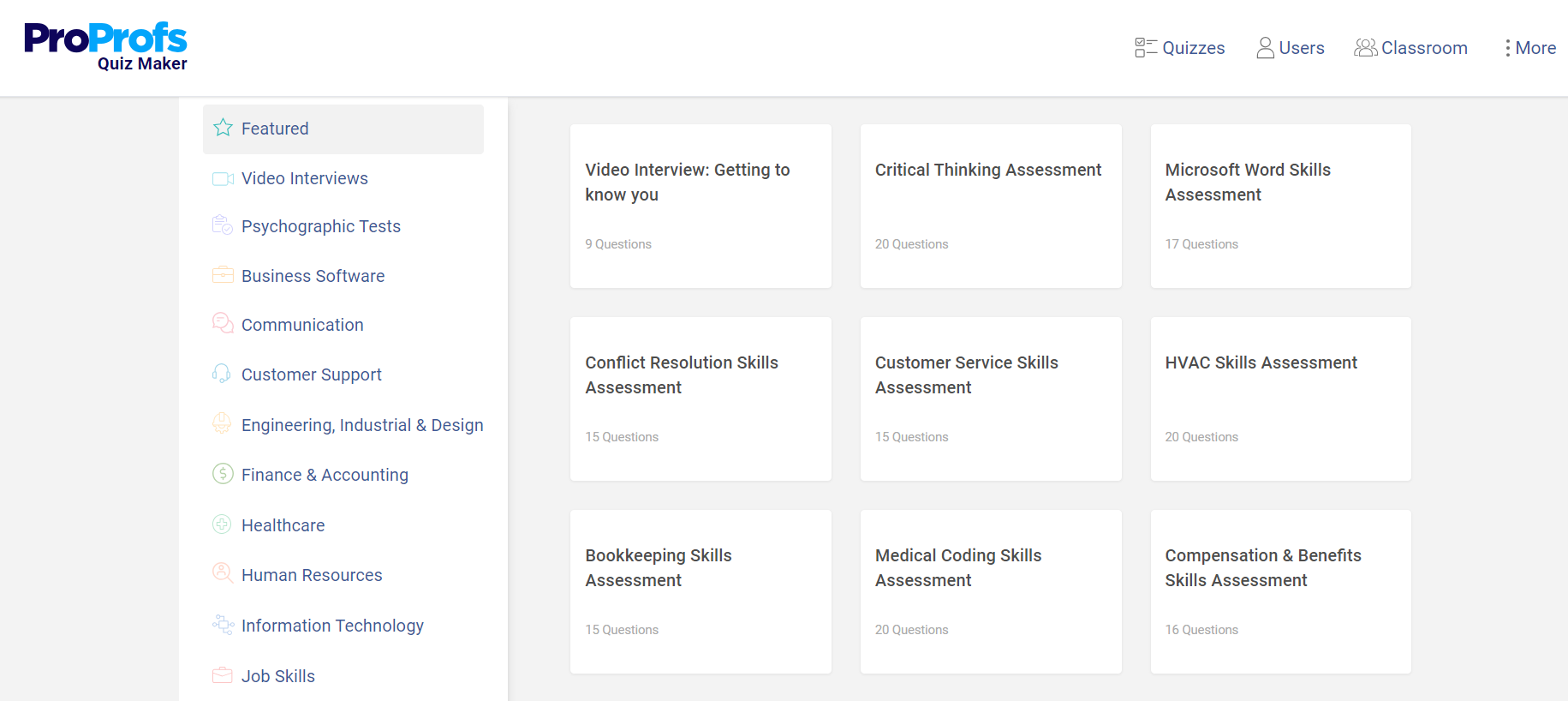
 We'd love your feedback!
We'd love your feedback! Thanks for your feedback!
Thanks for your feedback!






